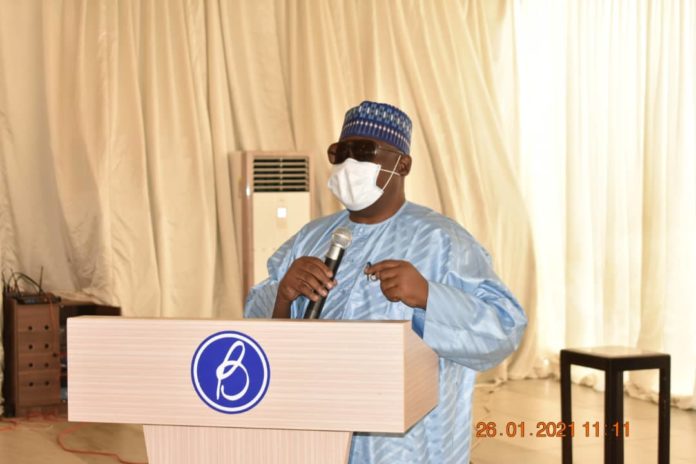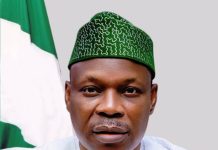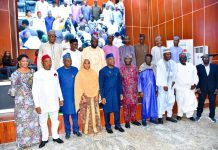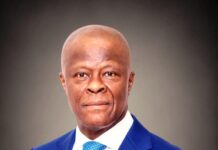By Aliyu Umar Aliyu
The Federal Government has said that it is resettling and compensating the indigenes of some host communities of the Federal Capital Territory (FCT), Abuja in line with human rights best practices of relocation.
It also said the move became necessary following the emergence of Abuja as Nigeria’s new capital in the early 1990s, thereby making it one of the fastest growing cities globally, with its daily influx of people on almost daily basis which creates new settlements every day.
The Director-General, Bureau of Public Service Reforms (BPSR), Mr. Dasuki Arabi stated this on Tuesday during a one-day stakeholder engagement town hall meeting on resettlement and compensation of FCT indigenes held in Abuja.
According to him, “Following the emergence of Abuja as the new Federal Capital Territory, it has become one of the fastest growing cities in the world, with its attendant effect of the influx of people into the city, leading to the development of satellite towns such as Karshi, Lugbe, Karu, Kuje, and Gwagwalada Etc
“Certainly, these developments have distorted the settlement of the Aborigines, as a result, government had to engage in resettlement and compensation in line with respect for Human Rights and international best practices culminating to issues of government resettlement and compensation.
“Ideally, relocation of citizens by the state for national interest are dependent on mutual agreement and ethnic accord. This, among
other reasons, account for why the government in her wisdom considered it worthwhile to relocate the seat of power from Lagos
to Abuja in the early 1990’s.
“We expect that this town hall meeting would address any erroneous belief or misunderstanding held by those that would be
affected by this policy and those that think the government is out to grab land of the original inhabitants of the FCT.”
The BPSR DG also said that citizens engagement and town hall meetings are prerequisite of democratic norms, international best
practices and hallmark for Open Governance Initiative, which Nigeria became a member of the Open Government Partnership
(OGP) in 2017.
Mr. Arabi explained that the initiative of citizens’ inclusiveness in governance is driven by President Muhammadu Buhari’s directives
on the need for Public Institutions to engage citizens for public policy development and programmes in order to engender
transparency and accountability.
He said, “Pursuant to realising the organizational strategic plan of the Bureau, BPSR adopted as part of its priority objectives
stakeholder’s engagement as a tool for inclusive governance and citizens’ participation.
“The Bureau has successfully engaged Citizens in most of its programme and other flagship programmes, such as; monthly
Lunch Time Seminar, score-card for ranking the performance of MDAs website and Member of OGP working Committee on Access
to Information “Working in conjunction with the Federal Ministry of Justice on the implementation of Freedom of Information towards the
implementation of the 2nd National Action Plan of the Open Government Partnership Initiative,” the DG added.
The Town Hall Meeting was organised by the Federal Capital Territory Administration (FCTA) as another critical reform aimed
at taking governance closer to the people.






